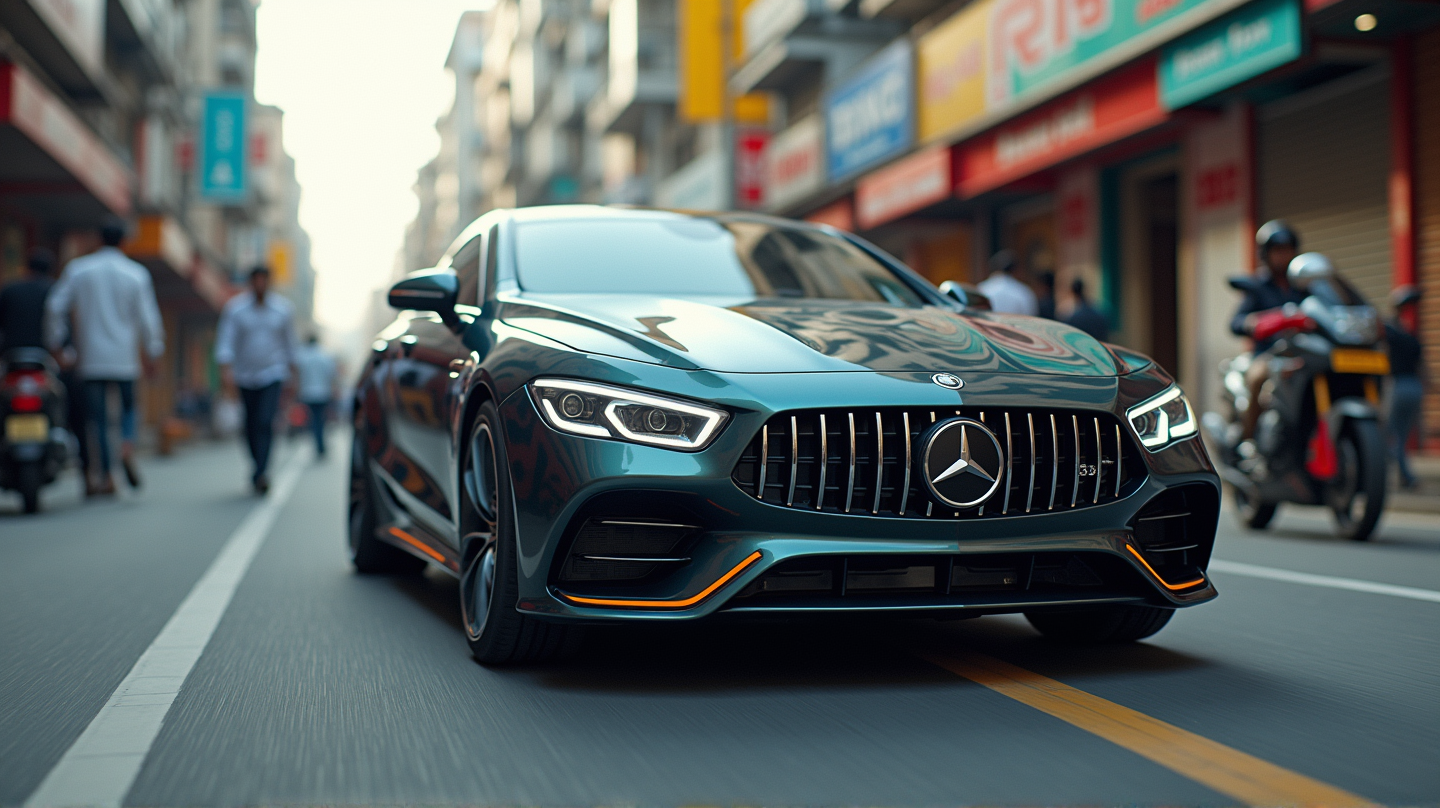Revving Up: Dr. Pawan Goenka Pushes for ISRO-Auto Industry Synergy at the ETAutoTech Summit 2025
At the ETAutoTech Summit, Pawan Goenka advocates for ISRO and auto industry synergy to leverage sensor technology for next-gen vehicles, spotlighting India's potential.

In the fast-evolving world of automotive innovation, India is on the brink of tapping into a technological renaissance. Dr. Pawan Goenka, Chairman of the Indian National Space Promotion and Authorisation Centre (IN-SPACe), has positioned sensor technology as the cornerstone to this advancement. Speaking at the ETAutoTech Summit 2025 in Bengaluru, he pressed the accelerator on a riveting vision: the collaboration between ISRO and India’s automotive sector to harness cutting-edge space technologies.
A Vision For Sensor Technology Transfer
Dr. Goenka’s call-to-action reverberated through the summit halls as he lauded the extensive work of ISRO’s scientists. With two hubs designated solely for sensor development, there exists a trove of potential. “ISRO has some 50 odd different sensors that can see application into the automotive industry,” he remarked. Collaboration with ARAI (Automotive Research Association of India) could pave the way for real-world applications, potentially importing none while bolstering indigenous technology.
Space-Grade to Street-Ready: The Task Ahead
The message was clear: a collaborative task force is essential. By teaming up, the auto industry and ISRO could translate space sensor technology for road-ready applications. Dr. Goenka emphasized, “If we can put a group together in the automotive industry to work with ISRO, we can translate the space sensor technology to automotive sensor technology.”
The journey won’t be plug-and-play; ISRO’s technologies, developed for the cosmos, must be recalibrated for terrestrial journeys. “We need to work together to make the cost right, and remove features that may be unnecessary for automotive,” he noted, setting a roadmap towards creating viable, local solutions.
Navigating New Paths with NavIC
With India’s indigenous constellation (NavIC) set to gain momentum with three upcoming satellite launches, it promises a navigation system rivalling GPS but with enhanced precision. “The government is making every effort to push NavIC in civilian applications to reduce dependency on foreign systems,” Goenka highlighted, envisioning a time where NavIC becomes a staple.
Brand India: Building a Global Automotive Presence
Dr. Goenka’s vision extends beyond technology; it’s about crafting a robust identity. By championing quality, R&D, and technology ownership, he urged Indian manufacturers to aspire for a spot alongside automotive giants like Germany, Korea, and Japan. “If we look at any vehicle closely today and the technologies it has, how much is coming in from India - it is close to zero,” he candidly reflected.
The Promise of Software-Defined Vehicles
The horizon holds a new dawn for India’s automotive sector: Software-Defined Vehicles (SDVs). Dr. Goenka urged industry leaders to capitalize on the nation’s core strength—software expertise. With assertive collaboration and innovation, India could emerge as the global capital for SDVs, setting the pace for an autonomous future.
According to ET Auto, Dr. Goenka’s insights at the ETAutoTech Summit have set a vision grounded in indigenous innovation, ensuring India not just participates but leads in the automotive renaissance. “`

